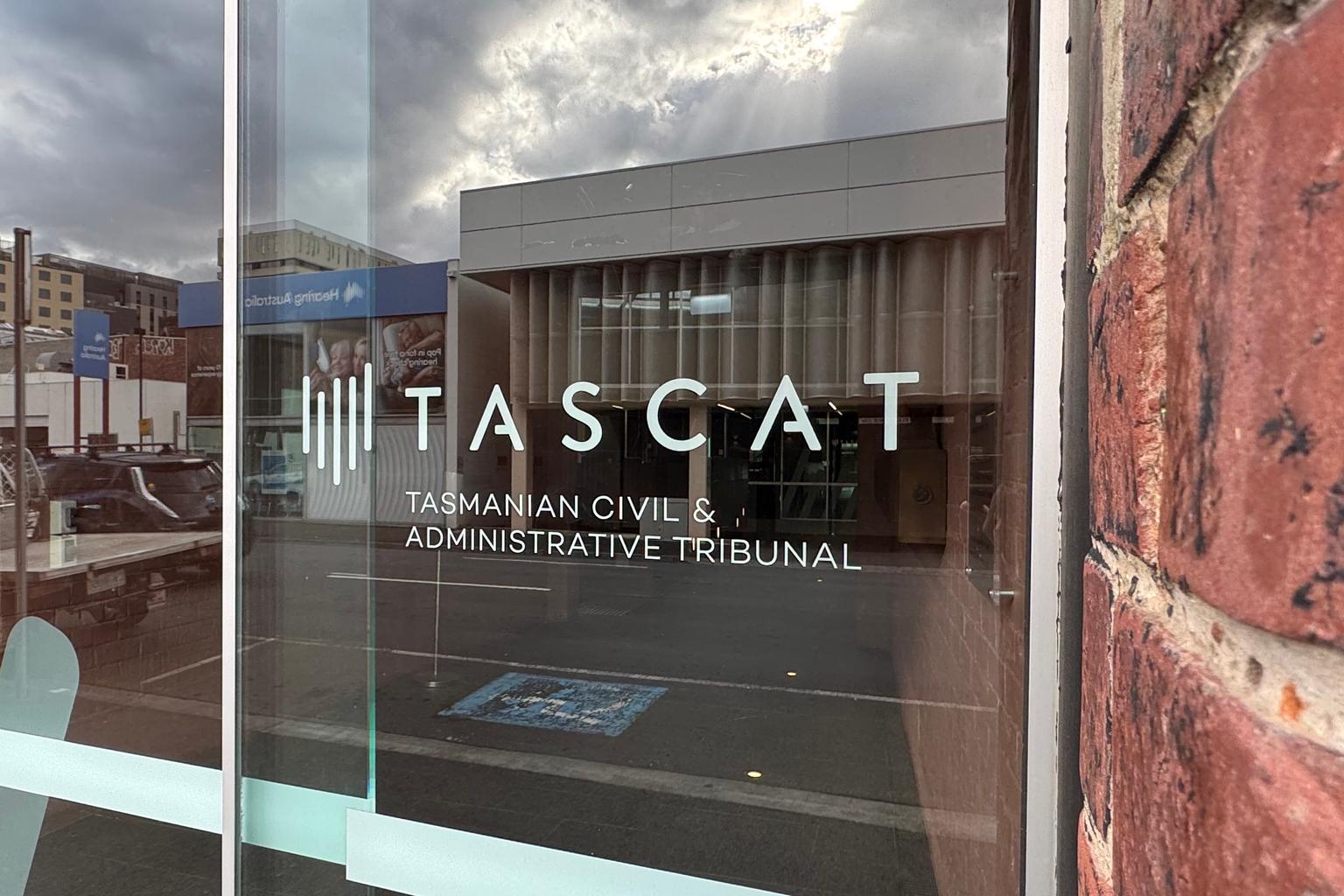A young Tasmanian man and previously convicted sex offender has failed in his bid to overturn bans from popular dating apps Tinder and Hinge.
Alex McGeary claimed Match Group discriminated against him on the basis of an ‘irrelevant criminal record’ when it booted him from both apps in 2022 and 2024.
But the Tasmanian Civil and Administrative Tribunal this week dismissed his complaint – already thrown out by the Anti-Discrimination Commissioner – finding his convictions were directly relevant to online dating.
McGeary was convicted as Alec McGeary in December 2021 of using internet services to access child exploitation material.
Police found more than 1,200 items of child abuse material on his devices, depicting children from infants to 13-year-olds.

He was sentenced to six months’ home detention and placed on Tasmania’s sex offender register for three years.
Tribunal documents show Match Group banned him while he remained on the register. Its terms of service bar registered sex offenders from creating accounts.
“The complainant’s pleading guilty to offences involving the use of internet carriage services to access and possess child abuse material are directly relevant to the respondent’s decisions not to allow him to open, maintain or operate a Hinge or Tinder account,” the tribunal stated.
McGeary claimed his convictions weren’t connected to dating apps because his “charges were in no way involved with Tinder, Hinge or any other Match Group platform”.
He also accused the Anti-Discrimination Commissioner of bias for suggesting he posed a risk of sexual violence, insisting his crimes were ‘entirely non-violent and entirely non-contact’.
But the tribunal found a clear link between internet-based sex crimes and bans from internet-based dating services.
Its decision noted dating apps have adopted industry codes of practice after research showed predators use online platforms to facilitate child abuse.
“These apps are internet based and the complainant’s offending involved his use of the internet,” the tribunal said.
Under Tasmania’s Anti-Discrimination Act, people can only claim discrimination over “irrelevant” criminal records where convictions are not directly connected to the situation.
The tribunal ruled McGeary’s case did not meet this threshold, upholding both his app bans and the original dismissal of his complaint.







